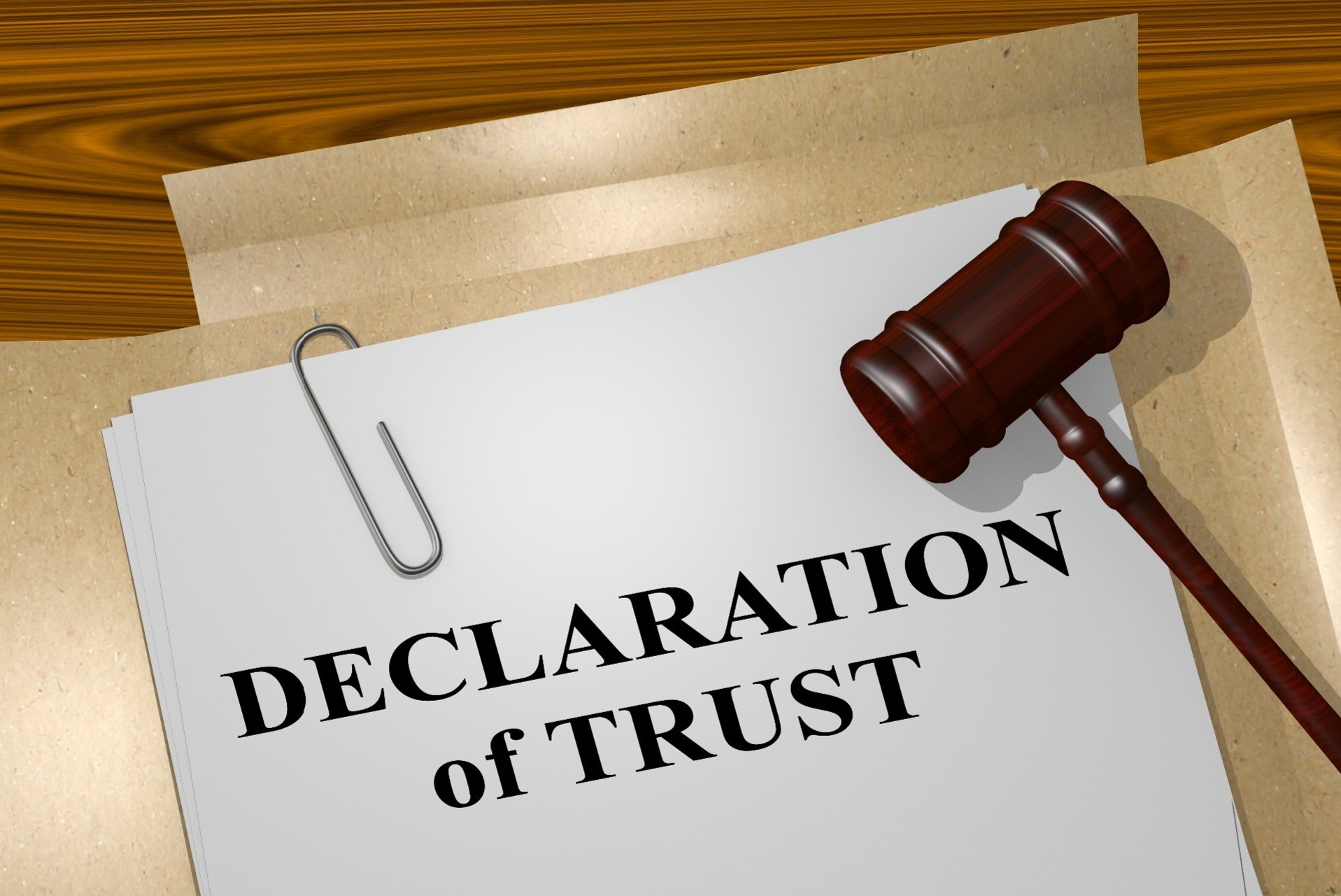What Is A Declaration of Trust and What Does It Do?
Posted on 27th April 2020
A Declaration of Trust (also referred to as a Deed of Trust) is a legally binding document, in which the legal owners of a property can declare that they hold the property on trust for the benefit of specific people (as known as the beneficial owners), also setting out the shares in which the beneficial interests are held.
When Would a Deed of Trust be Needed?
Well, one example our Preston solicitors recently faced was, a property being purchased by two people, with different initial contributions made. In this instance the client may wish to protect their respective shares in case the relationship breaks down. Alternatively, if the ‘bank of mum and dad’ are helping towards the costs of buying the property (and this isn’t a slur against anyone who is purchasing a property, merely a common phrase our property solicitors in Preston hear our clients using!), they may wish for their interest to be protected, in case the buyers separate further down the line.
It’s important to note that whilst a Deed of Trust can be useful in some circumstances, only the legal owners will be able to sell or mortgage the property, so this may not be the best option to protect your investment if you aren’t also one of the legal owners. You should seek independent legal advice if you are gifting or loaning a loved one money to purchase a property, to ensure that your position is protected. Even if you trust the person you are gifting/lending money to, there may be external factors to consider, such as what would happen if they were to get married or file for bankruptcy.
What information is included in a Deed of Trust?
A Deed or Declaration of Trust can include different information, such as:-
• How much money each respective buyer has contributed to the deposit for the property, and how much of that should be repaid to them.
• What percentages of the property will be owned by each respective buyer, and how the money should be split when the property is sole (for example, in equivalent shares).
• How much money each buyer will contribute towards the mortgage and how it will, ultimately, be paid off.
For example, if you’re buying a property with your partner, and you are both contributing uneven amounts towards the deposit, but the mortgage repayments and other outgoings/costs will be divided equally between you, our Property Solicitors in Preston would usually recommend that you have a Deed of Trust drafted. This could include that you both get your own respective contributions for the deposit back, with 50% of whatever equity is left over to be divided 50/50.
If you parents are gifting you the 20% deposit you need of £50,000.00, our Property Solicitors in Preston would recommend having a Deed of Trust that leaves the initial £50,000.00 of the property net proceeds of sale to your parents, with the remaining equity to be divided, as an example, 50/50 (or another way, if both parties agree to this).
How much does a Deed of Trust cost?
If you are already a client of our Property Solicitors in Preston, our team will charge a small additional fee to draft the Deed. If you are coming to us for independent advice in relation to signing a Deed of Trust, contact our team online, here, for a quote.
Alternatively, send our team of Property Solicitors in Preston an email to property@mglegal.co.uk, or call your local office.
MG Legal – Your Local Solicitors
Tagged as: Preston Property Law, Your Local Solicitors
Share this post:





